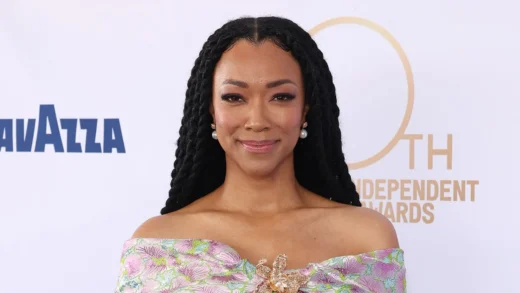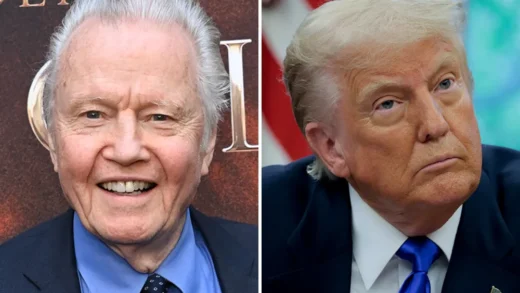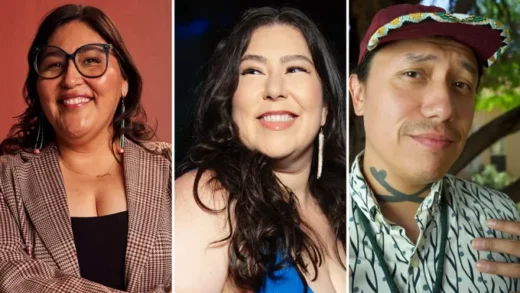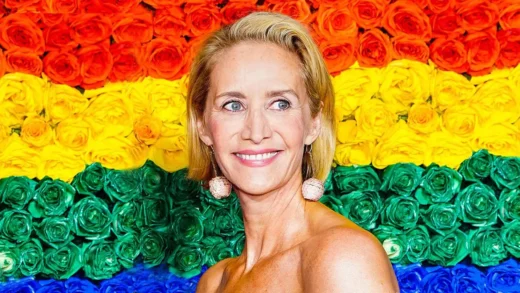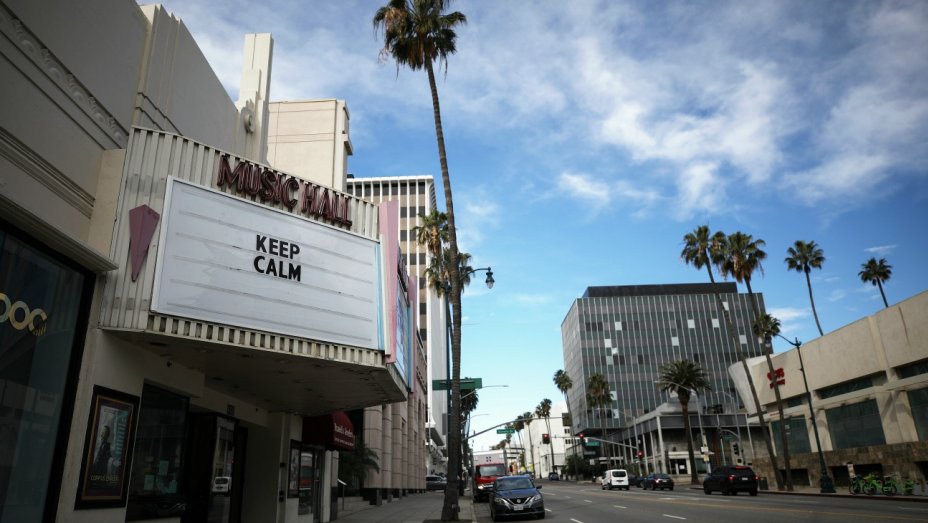Two weeks ago, the biggest concern facing the industry was the threat of a strike as writers and studios prepared to enter heated contract negotiations. But, in recent days, that great unknown has been displaced by a global pandemic that’s brought Hollywood — and society at large — to a screeching halt. Says lawyer Jamie Feldman, who works with Steven Soderbergh and Barry Jenkins: “It now feels like all the time we’ve spent talking about the WGA and the ATA and the potential strike issues was just rearranging deck chairs on the Titanic.”
As COVID-19 sweeps the globe, the domino effect of the pandemic is becoming evident. Government officials have ordered the closures of schools, theaters and restaurants and banned large gatherings in an attempt to slow the spread of the highly contagious virus. “It’s like a bad movie,” says veteran film attorney Linda Lichter, adding: “And yes, I have recently watched Contagion.”
Hollywood offices have emptied as studios, agencies and law firms transition to remote work, major events and festivals including SXSW have been canceled and dozens of productions here and abroad have been suspended. In legal terms, many consider the global pandemic to be an event of force majeure, an unforeseeable incident that makes fulfilling a contract impossible.
“This has to be the most devastating example of a true force majeure event Hollywood has ever had,” says talent attorney Lev Ginsburg, who reps Timothée Chalamet and Colin Trevorrow. “After all, labor strikes are generally one union at a time and natural disasters like wildfires and earthquakes are local. A global pandemic triggering simultaneous industry-wide shutdowns is without precedent. We are going to have to figure it out day by day, and everyone seems to have the same principal focus: keeping everyone safe.”
Even before most productions made the decision to delay filming, talent was hesitant to show up to set. In fact, one actress shooting an indie movie was said to have felt so uncomfortable doing so that she raised concerns with producers — but they couldn’t call off production because their insurance policy would only cover a shutdown if it was government-ordered or an individual on set tested positive for the virus. Though one attorney suggests someone in the actress’ position could try and claim a disability if they felt vulnerable to being infected, a source says she and the producers came to a compromise: They’d make it a closed set, a body double would be used when necessary and everyone would stay at least 6 feet away from her at all times — the CDC’s recommended distance to avoid spreading the virus.
(Excerpt) Read more in: The Hollywood Reporter
